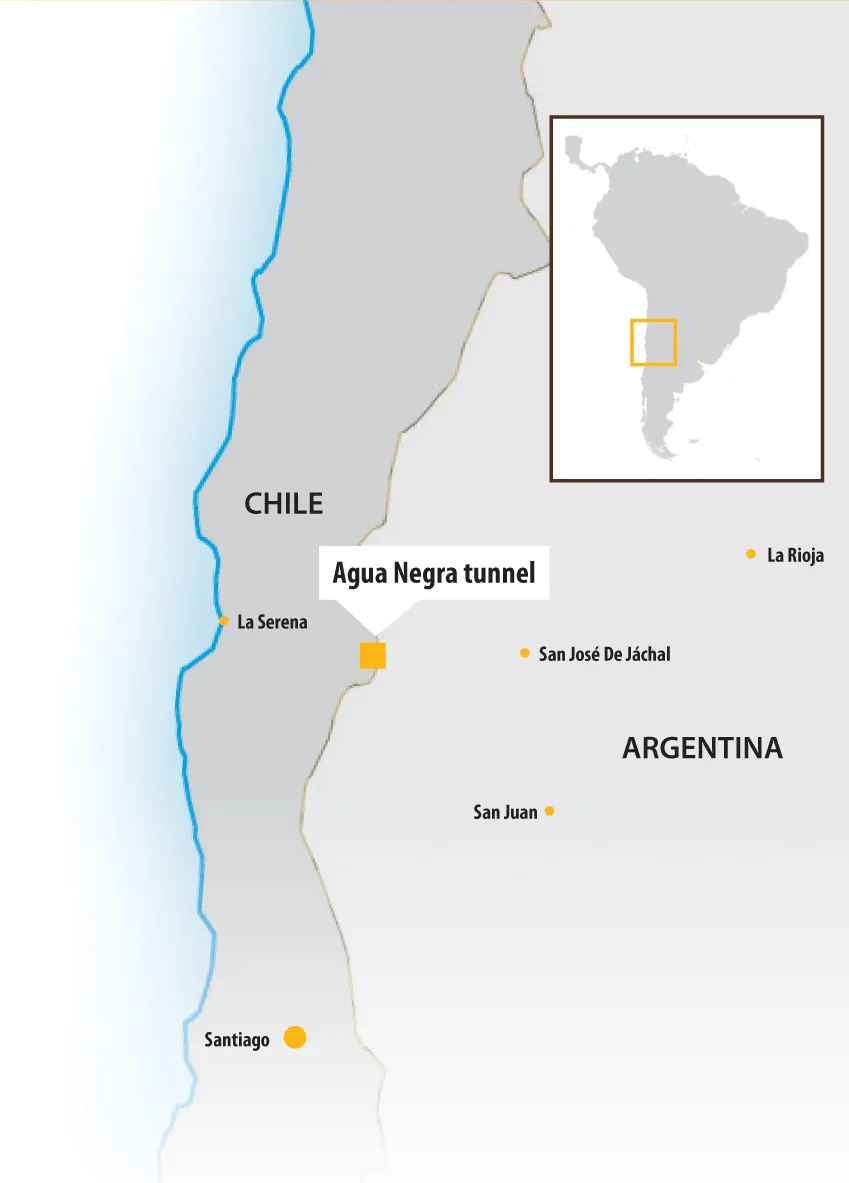The new urban tunnel project under construction at Maastricht in the Netherlands will benefit from EU for key safety features. The European Union will provide co-financing of €5 million from the TEN-T Programme to install safety provisions for the on-going implementation of Maastricht’s E25/A2 urban highway tunnel. The work will help ensure the link features high standards of tunnel safety and security and meets the EU’s tough legislation. The project was selected for funding under the 2011 TEN-T Annual Cal
January 21, 2013
Read time: 2 mins
The new urban tunnel project under construction at Maastricht in the Netherlands will benefit from EU for key safety features. The 1116 European Union will provide co-financing of €5 million from the TEN-T Programme to install safety provisions for the on-going implementation of Maastricht’s E25/A2 urban highway tunnel. The work will help ensure the link features high standards of tunnel safety and security and meets the EU’s tough legislation. The project was selected for funding under the 2011 TEN-T Annual Call and the safety work includes the construction of a fire station close to the south tunnel portal, the construction of two escape tubes and the building of foot and bicycle paths and bridges. The project also includes the construction of a connection to the railway station and inland water ports in Maastricht.
The Maastricht urban highway tunnel is an important project as it removes a major bottleneck in the current heavy north-south freight transit between Aachen and Liège. This route is used to transport goods to and Europe’s largest ports, Rotterdam and Antwerp. The existing link carries traffic through the city, resulting in heavy congestion, localised pollution within the urban area and also safety hazards to road users. The two-level double tube tunnel will increase road capacity and the project will be managed by the7021 Trans-European Transport Network Executive Agency. The project is due for completion by December 2014.
The Maastricht urban highway tunnel is an important project as it removes a major bottleneck in the current heavy north-south freight transit between Aachen and Liège. This route is used to transport goods to and Europe’s largest ports, Rotterdam and Antwerp. The existing link carries traffic through the city, resulting in heavy congestion, localised pollution within the urban area and also safety hazards to road users. The two-level double tube tunnel will increase road capacity and the project will be managed by the









